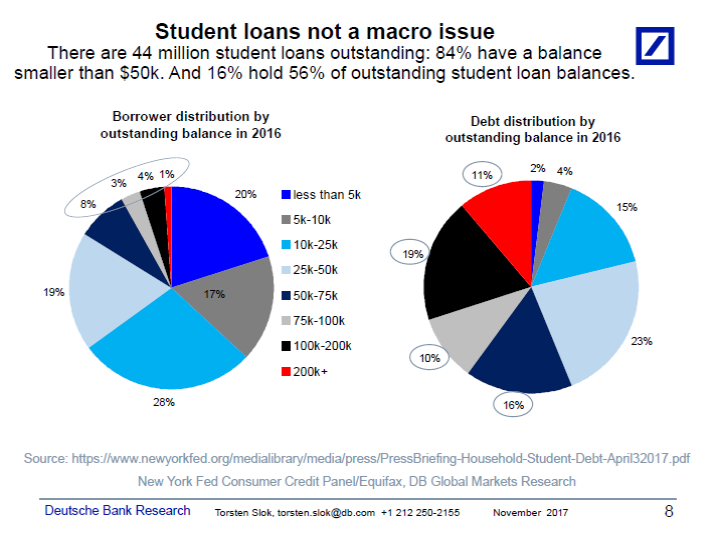ConnorEl
Well-known member
Well these proposals are not going to lower costs but rather raise them.
I’m fine with education but the constant increases of tuition well above the inflation rate do nothing to educate more individuals or improve the education that anyone is receiving.
Enter the next element of the court-packing turducken: a new plan written by the crafty co-founder of the Federalist Society, Steven Calabresi. In a paper that deserves credit for its transparency (it features a section titled “Undoing President Barack Obama’s Judicial Legacy”), Calabresi proposes to pack the federal courts with a “minimum” of 260 — and possibly as many as 447 — newly created judicial positions. Under this plan, the 228-year-old federal judiciary would increase — in a single year — by 30 to 50 percent.
Never mind that Republicans saw no urgency in filling judicial vacancies while Obama was president. Never mind that they ignored pleas from conservative Chief Justice John G. Roberts Jr. to fill positions in courts facing “judicial emergencies.” Now, conservatives want a 30 to 50 percent increase in the number of federal judgeships. And they have a clear idea of who should fill this massive number of new posts: “President Trump and the Republican Senate will need to fill all of these new judgeships in 2018, before the next session of Congress.”
And if this breathtaking transformation of our federal judicial system isn’t jarring enough, Calabresi has one final treat: a proposal that Congress do all of this in the tax-cut bill that Congress is trying to pass before it leaves for the holidays.
The Federalist Society (which has had an out-sized roll in Trump's court picks) wants the Republicans to insert court-packing into the tax bill.
Conservatives have a breathtaking plan for Trump to pack the courts
The argument to include it in the tax bill is because the tax bill cannot be filibustered. But wouldn't adding judges mean that it would need 60 votes?
Reid got rid of the filibuster for judges.
Reid got rid of the filibuster for judges.
This is about the tax bill, and adding a measure to it that will increase the number of federal judges, not the approval of judges.
Link?
Increased demand for education leads to higher tuition. That's how supply and demand works.
I don't disagree that colleges are pouring money into non-academic aspects of campus. But you should offer some evidence for your assertions.
The Atlantic article explains things well. Kind of. There are more HS grads than before. But those kids who are graduating now who weren't before aren't necessarily college ready.
There's always going to be very high demand for education especially elite education because the job market (especially high paying jobs) demand it.
Demand for education isn't simply a relationship between consumers (students and parents) and the institutions. It's a complex relationship that includes the broader economy.
GOP leaders in advanced talks to change tax plan in bid to win over holdouts
Pay no attention to the people making changes to the bill days before the Senate vote.
Honest question. Would you go back to Wake undergrad for a 200K sociology degree?
Honest question. Would you go back to Wake undergrad for a 200K sociology degree?

Honest question. Would you go back to Wake undergrad for a 200K sociology degree?
